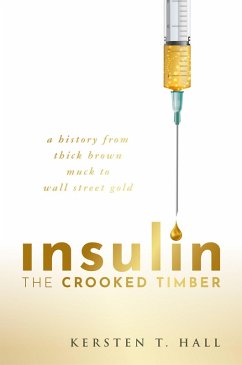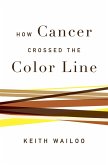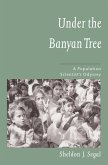Before the discovery of insulin, a diagnosis of Type 1 diabetes was a death sentence. One hundred years after a milestone medical discovery, 'Insulin - The Crooked Timber' tells the story of how insulin was transformed from what one clinician called 'thick brown muck' into the very first drug to be produced using genetic engineering, one which would earn the founders of the US biotech company Genentech a small fortune. Yet when Canadian doctor Frederick Banting was told in 1923 that he had won the Nobel Prize for this life-saving discovery, he was furious. For the prize had not been awarded to him alone - but jointly with a man whom he felt had no right to this honour. The human story behind this discovery is one of ongoing political and scientific controversy. Taking the reader on a fascinating journey, starting with the discovery of insulin in the 1920s through to the present day, 'Insulin - The Crooked Timber' reveals a story of monstrous egos, toxic career rivalries, and a few unsung heroes such as two little known scientists whose work on wool fibres, carried out in a fume-filled former stable, not only proved to be crucial in unravelling the puzzle of insulin but ushered in a revolution in biology. It was the author's own shocking diagnosis with Type 1 diabetes that prompted him to sit down and write this book, but this story has lessons for us all about what technology can - and more importantly cannot - do for us. As the world pins its hopes on effective and lasting vaccines against Covid-19, these lessons from the story of insulin have never been more relevant.
Dieser Download kann aus rechtlichen Gründen nur mit Rechnungsadresse in A, B, BG, CY, CZ, D, DK, EW, E, FIN, F, GR, HR, H, IRL, I, LT, L, LR, M, NL, PL, P, R, S, SLO, SK ausgeliefert werden.
Hinweis: Dieser Artikel kann nur an eine deutsche Lieferadresse ausgeliefert werden.









